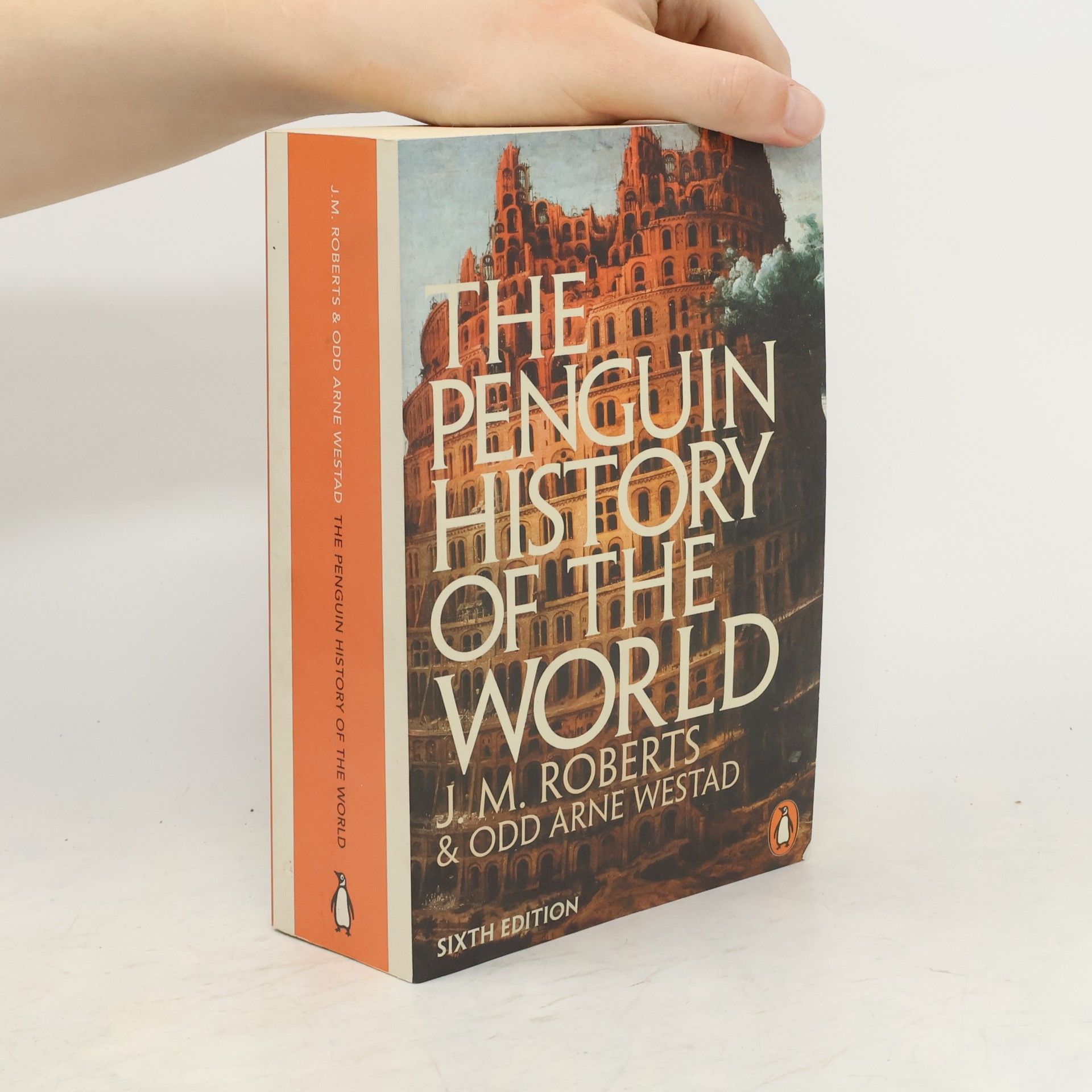The Penguin History of the World
- 1280 stránok
- 45 hodin čítania
Tells the story of human endeavour that laid out in all its grandeur and folly, drama and pain. This book reflects what now seems to be the inexorable rise of Asia and the increasingly troubled situation in the West.

